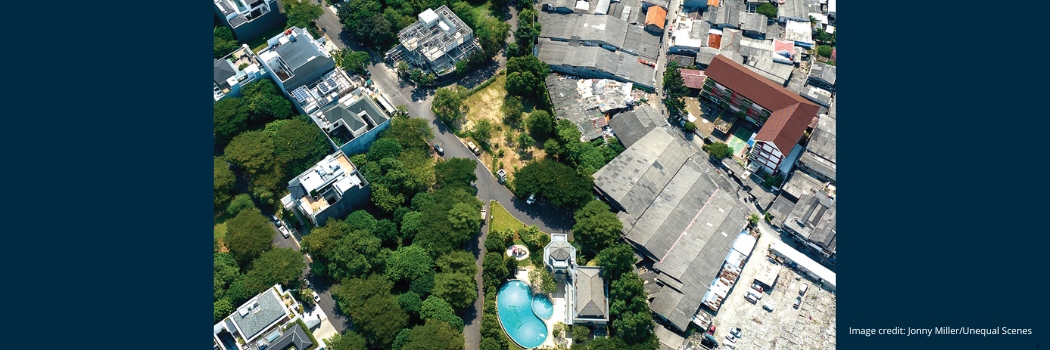
Wealth inequality has been linked to human sustainability for over 10,000 years. That's according to a new study led by Professor Dan Lawrence from our Archaeology department.
Inequality and human survival
The study took the United Nations' definition of sustainability – "meeting the needs of the present without compromising the ability of future generations to meet their own needs" – as the starting point to ask: "Is equality or inequality historically more sustainable?"
The result – the team found that, across 10 millennia, unequal distributions of wealth were associated with longer-lasting human settlements.
This relationship grew stronger in more complex societies, where unequal cities were able to survive at the expense of more egalitarian rural settlements.
However, the study also found examples of long-lived settlements with low levels of inequality and showed that inequality did not directly cause an increase in settlement duration.
The authors argue that inequality is therefore not a necessary by-product of building complex, sustainable societies.
House size across millennia
To measure inequality across time, the team examined differences in house sizes across the last 10,000 years.
Records of over 47,500 homes from over 2,990 archaeological sites across the world were analysed, alongside information on how long a settlement survived before it was abandoned.
The researchers argue their results show that humankind's survival is not linked to ever increasing inequality.
Instead, the team hopes that the findings could help improve future sustainability through better understanding of our past.
In particular, they hope insight from across the millennia can help inform interventions to improve future sustainability.
Global study of wealth inequality
The study has included researchers from institutions across Europe and the USA, drawing on a database collected by archaeologists from across the world.
It is part of a special feature of the journal Proceedings of the National Academy of Sciences (PNAS), entitled Global Dynamics of Wealth Inequality.
Professor Dan Lawrence has also been co-author on eight other papers as part of this special feature.






